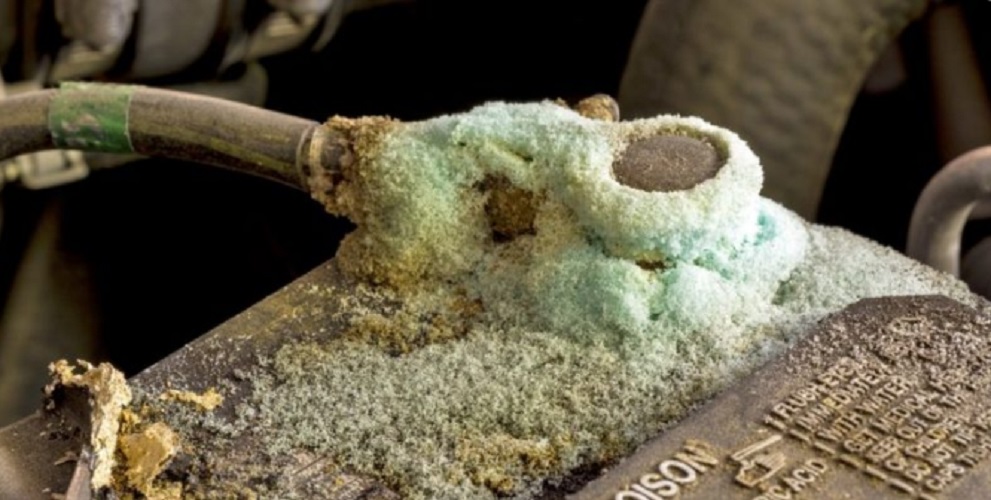What is a chemical change?
We explain what a chemical change is and what its characteristics are. In addition, examples and differences with a physical change.
-
What is a chemical change?
Chemical changes a type of alteration in matter that modifies its chemical constitution , that is, that alters its nature and not only its form. This means that chemical changes subject matter to a profound transformation, also known as chemical reaction or chemical phenomenon , in which its molecular structure and its bonds are altered .
Chemical reactions are common in nature and usually occur spontaneously , according to the affinity of the elements and the conditions in which they are found. They can also occur under controlled conditions in a laboratory and because of human intervention.
In fact, many of the substances we use every day are manufactured through artificial chemical changes , from other simpler substances that can be chemically combined. The latter are known as reagents, and the whole process can be described by a formula called chemical equation.
Thus, in every chemical change two or more reagents are involved . The result obtained will depend on its concentration and nature, which is generally a chemical compound different from those we had at the beginning.
It is also possible to control the reaction by adding other substances and elements. While they do not alter the desired result, these substances, the catalysts, accelerate the process or make it more effective .
Chemical changes are usually observable and can produce or consume energy depending on whether they are exothermic or endothermic respectively. This is due to the recomposition of molecular bonds or atomic bonds, and sometimes it can be dangerous, as in the case of explosive, toxic or corrosive reactions.
-
Examples of chemical change

Any chemical reaction is a perfect example of chemical change, even those that occur in our bodies. To name a few:
- The breath is a biological process of chemical change, in which oxygen is taken air and is employed to react with glucose to obtain the food , generating high levels of chemical energy ( ATP ) and amounts of carbon dioxide ( CO 2 ) of waste, which must be expelled from the body .
- The acid rain that occurs in environments where the atmosphere is heavily polluted, is usually the result of chemical changes that occur between water stored in the clouds and other gases dispersed in the air, whose sulfur oxide or nitrogen content generates small doses of sulfuric or nitric acid that fall along with the rain.
- The formation of salts , as sometimes occurs inside the devices that work with removable batteries , is the result of the reaction between the battery acid and the metal of the device, thus forming an off-white solid that is a type of Salt.
- Ozone decomposition , when released under ordinary pressure, is due to the internal chemical forces of its molecule (O 3 ) that make it unstable and eventually break it down into more stable oxygen (O 2 ) molecules .
-
Chemical change and physical change

Unlike the chemical change, which permanently modifies the substances involved in its reaction, the physical changes (or physical phenomena ) are usually reversible , since they only alter the shape or state of the matter, without changing its chemical nature.
Physical changes have to do with the state of aggregation of matter or with other physical properties (color, density, volume, magnetism, etc.), and not with its composition at the molecular or atomic level.
For example, the liquefied gas we use in our lighters is usually butane (C 4 H 10 ) or propane (C 3 H 8 ) driven to the liquid state through enormous pressures, without altering an atom of its chemical composition.





